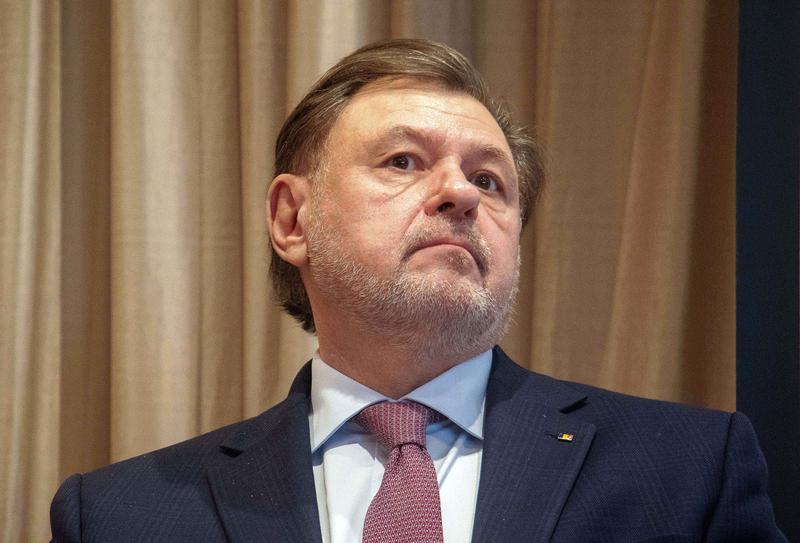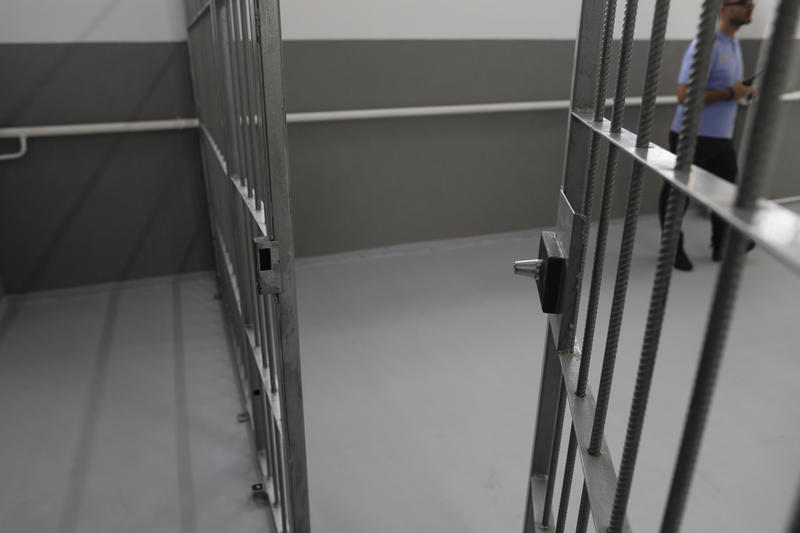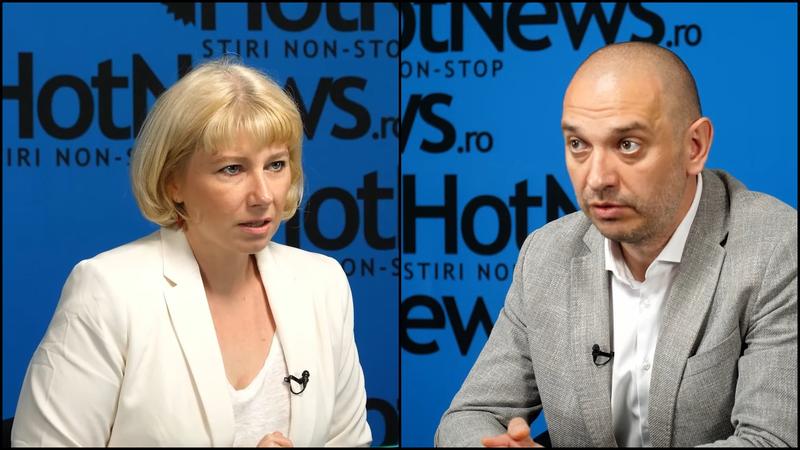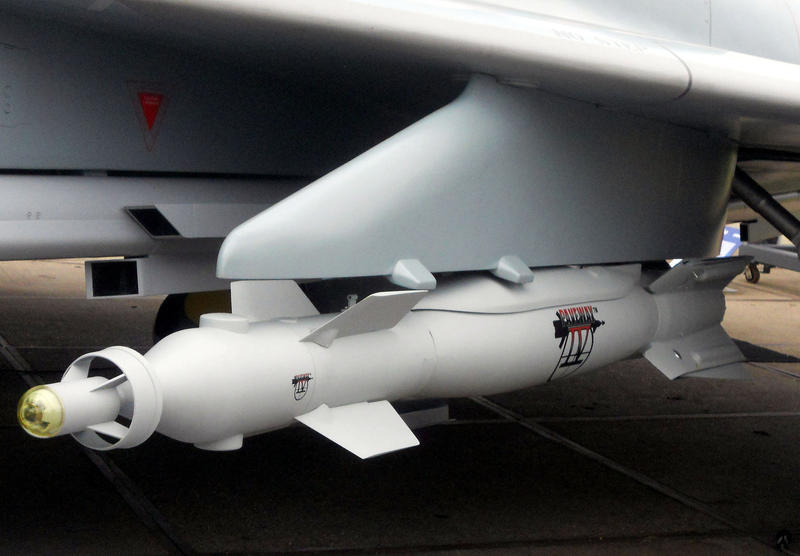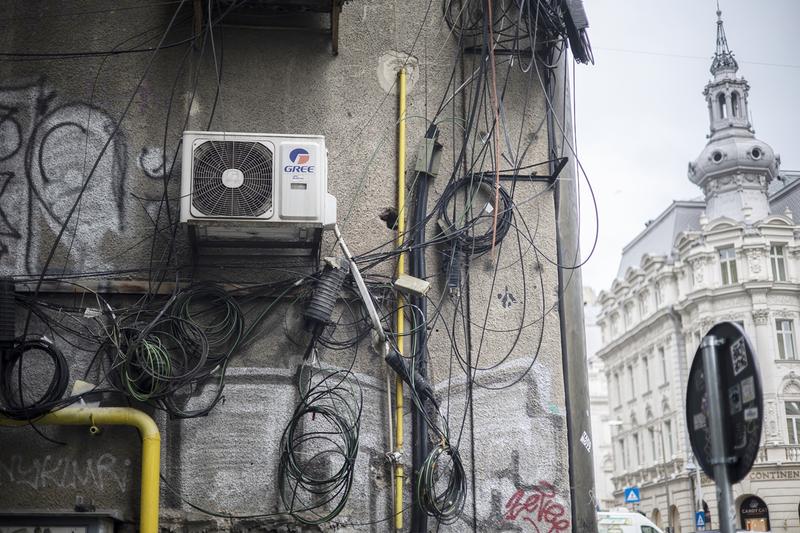Sabine Fischer, Research Fellow at the Institute for Security Studies in Paris talks in an interview for Deutsche Welle about the new geo-political and geo-strategic map on the table for the Romanian Parliament due to be elected late this month.
Fischer declared that the European Union managed to stabilize the Eastern part of the continent through the democratic transformations it determined in the states but, on the other hand, collided with Russia in what the latter consider their area of influence.
Fischer would not recommend NATO officials to expand further in the East, at least not in the future due to destabilizing risks in the area. She said that key in resolving tensions with Russia is a common and unified stand on security and energy issues from all European states.
The main points Fischer pointed out in the interview are:
- Russia's military response against Georgia is a warning not only for the Republic of Moldova but to all former Soviet states
- Russia will press Moldova to accept the Russian solution in the Transniester case
- There is a direct connection between Kosovo and South Ossetia: Kosovo had an important impact upon the region and the events that followed its declaration of independence
- Europe is dependent on Russia for energy resources but Russia is also dependent on the Union because they are their biggest customer: there is a bilateral relation from which none of the parties can withdraw suddenly
- The EU needs to understand and acknowledge the importance of its relations with Russia and take up a common unified policy

